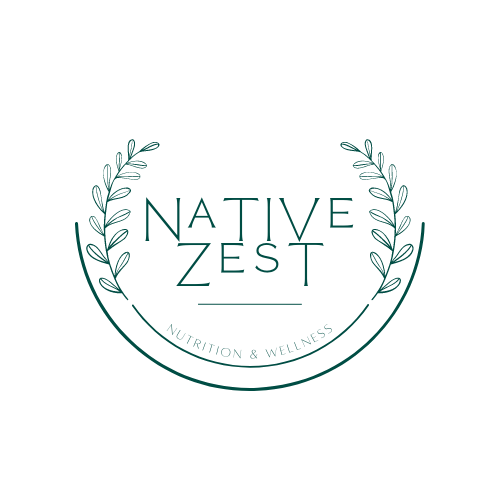
Anti-nutrients
Just as the name implies, anti-nutrients are chemically active substances found in a plant that act in a way to fight against absorption of the plant’s nutrients. Some bind to nutrients and prevent them from being absorbed. It’s hypothesized that the reason for anti-nutrients to occur in nature is a defense-mechanism of plants to ensure propagation of their species.
Anti-nutrients were once thought to be all bad but then it was discovered that dietary fiber (once considered an anti-nutrient) plays an important, beneficial role in health. This has changed the thoughts around anti-nutrients and that we need to do more research around other prominent anti-nutrients found in the diet. 11
Pumpkin seeds have anti-nutrients but soaking them removes them.12
Flaxseed contain anti-nutrients, mainly cyanogenic glycosides. These release hydrogen cyanide in the intestine, a respiratory inhibitor, and results in the product thiocyanates. Thiocyanates interfere with iodine uptake in the thyroid gland, long-term exposure may lead to iodine deficiency disorders, goiter and cretinism. Flaxseed also contains phytic acid, which interferes with the absorption of calcium, zinc, magnesium, copper and iron. 13
- Nutritional Anomaly — Might Antinutrients Offer Some Benefits? https://www.todaysdietitian.com/newarchives/070111p54.shtml. Accessed October 16, 2018.
- Pumpkin & Seeds. http://www.pkdiet.com/diet_pumpkin.php. Accessed October 16, 2018.
- Kajla P, Sharma A, Sood DR. Flaxseed—a potential functional food source. J Food Sci Technol. 2015;52(4):1857-1871. doi:10.1007/s13197-014-1293-y
Glutathione and Carnosine





